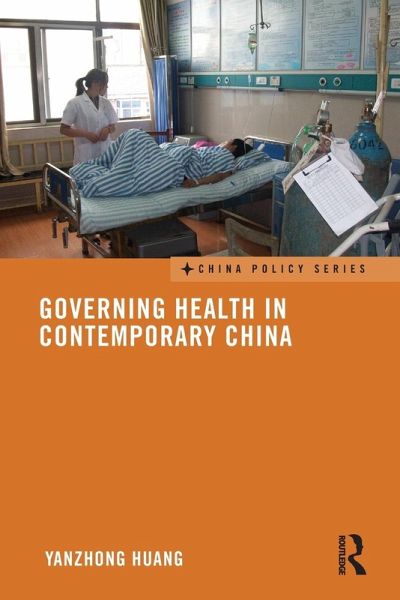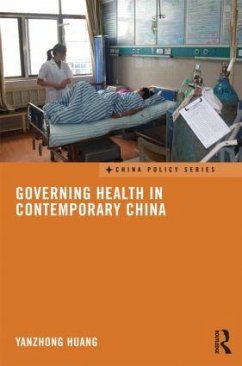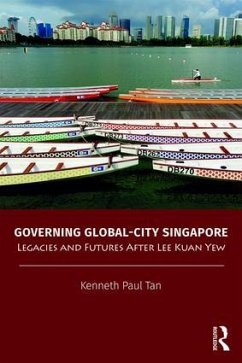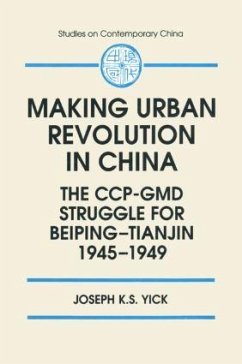
Governing Health in Contemporary China
Versandkostenfrei!
Versandfertig in 1-2 Wochen
68,99 €
inkl. MwSt.
Weitere Ausgaben:

PAYBACK Punkte
34 °P sammeln!
The lack of significant improvement in people's health status and other mounting health challenges in China raise a puzzling question about the country's internal transition: why did the reform-induced dynamics produce an economic miracle, but fail to reproduce the success Mao had achieved in the health sector? This book examines the political and policy dynamics of health governance in post-Mao China. It explores the political-institutional roots of the public health and health care challenges and the evolution of the leaders' policy response in contemporary China. It argues that reform-induced institutional dynamics, when interacting with Maoist health policy structure in an authoritarian setting, have not only contributed to the rising health challenges in contemporary China, but also shaped the patterns and outcomes of China's health system transition. The study of China's health governance will further our understanding of the evolving political system in China and the complexities of China's rise. As the world economy and international security are increasingly vulnerable to major disease outbreaks in China, it also sheds critical light on China's role in global health governance.














